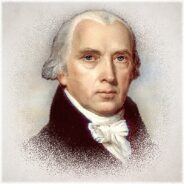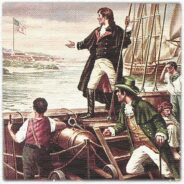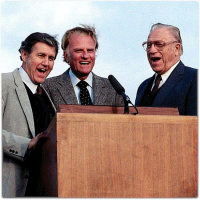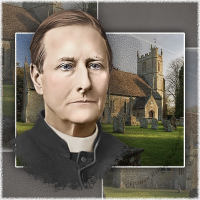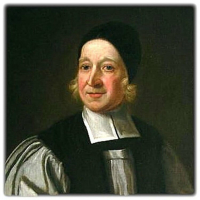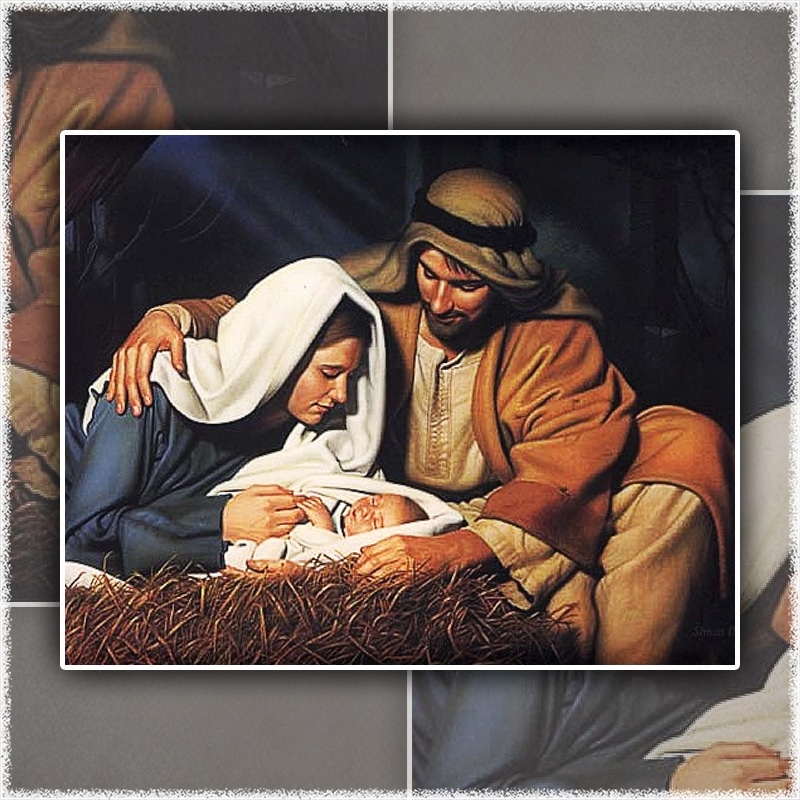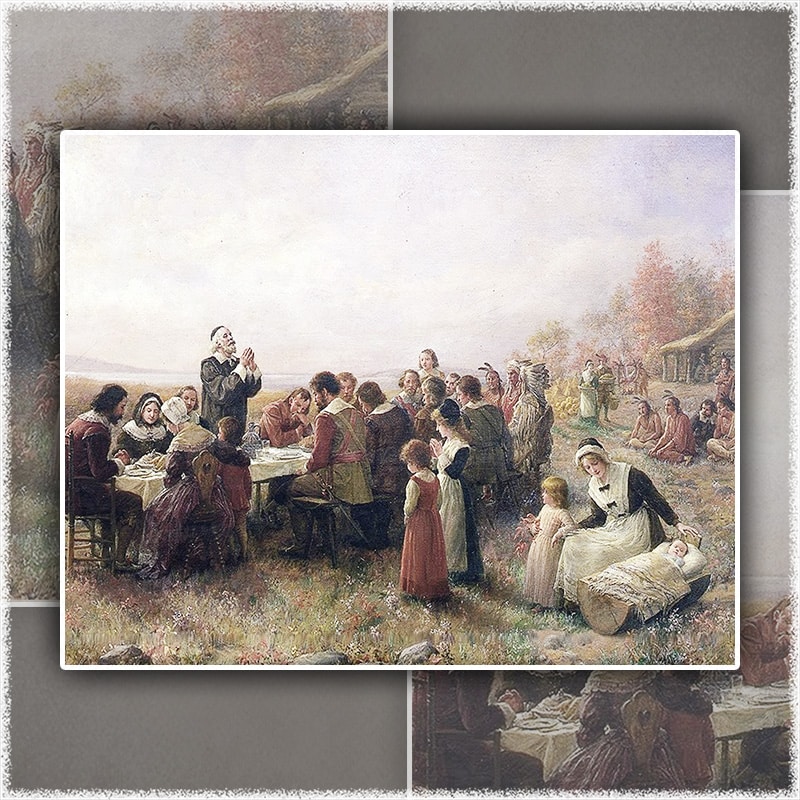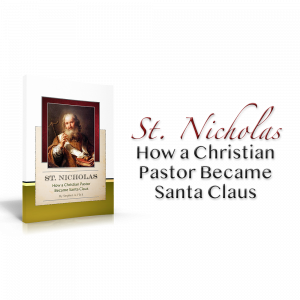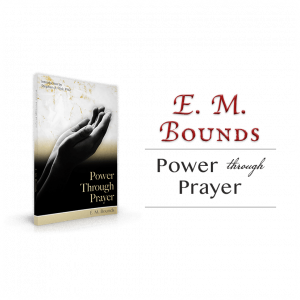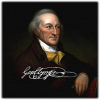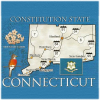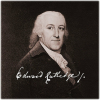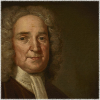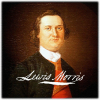Francis Scott Key — The Christian Patriot
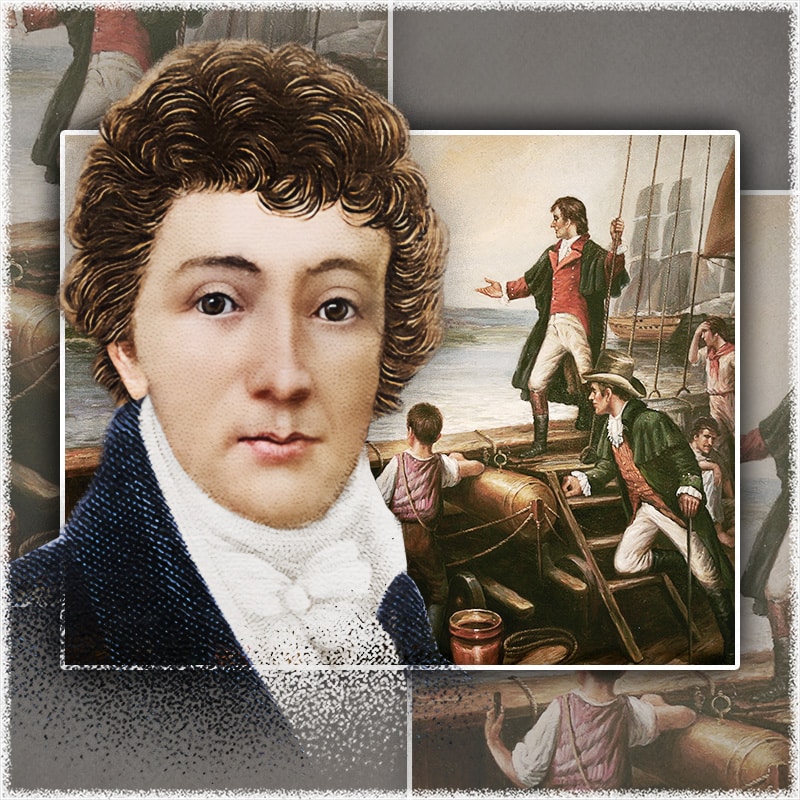
Where we live is not determined by what is around us, but by what is within us. The Psalmist reflected upon God's goodness to his life and offered the Lord the praise that was due him. In verse seven, the Psalmist begins to recount the Lord's goodness to the Israelites through their deliverance from Egypt. In verse thirteen, he notes the fact that the Israelites "soon forgot what he had done." Their hearts of divine praise were soon displaced by hearts of self-pity and complaint. As a result, they turned from God and lived in pain and bondage. God fully expected to lead the first generation of Israelites who were released from Egyptian bondage into the Promised Land, but grumbling hearts determined that they would live in the wilderness.Francis Scott Key
Table of Contents
Francis Scott Key is best known as the author of our national anthem. His father had served as an officer with distinction in the Continental Army during the Revolutionary War. Francis was born on August 1, 1779 in Frederick County (now Carroll County), MD, studied law, and began his practice in Frederick, MD (1801) where he practiced only briefly before moving on to Georgetown, D.C. (1802). By 1814, Key had appeared many times before the U.S. Supreme Court. Here in Washington, he also served as United States district attorney for three terms, holding that office at the time of his death.Francis Scott Key
During the War of 1812, Key was authorized by President Madison to secure the release of a friend who had been captured and was being held on board one of the ships which numbered among the British fleet near the mouth of the Potomac River at Baltimore harbor. The British admiral granted Key's request to secure the freedom of his friend, but given the fact that an attack was about to begin against Fort McHenry, which was critical to the Baltimore defenses, he and his party were detained all night (night of Sept. 13-14, 1814) aboard the truce-boat on which they had come.
The night passed slowly for Key and his companions as they watched a fierce bombardment of Fort McHenry. Throughout the night, American shore fortifications returned fire, but toward morning, American cannonading fell silent. While his companions went below to get some sleep, Key continued to pace the deck until the first rays of light disclosed that indeed the "flag was still there." This victorious sight was the origin for his poem, The Star-Spangled Banner, which was first scribbled on the back of an envelope, the first verse of which has become our national anthem.
Key the Christian Layman
As a deeply committed layman in the Protestant Episcopal Church, he held lay reader's license, and for many years read the service and visited the sick. One of the greatest contributions he made to America was the advancement of the Sunday school. Not only did he teach a Sunday school class at his church, Key also served as manager and vice president of the American Sunday School Union from its inception in 1824 until his death in 1843. The American Sunday School Union was responsible for establishing thousands of churches across America. Many churches and cemeteries today bear the name "Union" because of their origin in the American Sunday School Union.
In spite of the success that he achieved in life, Key never forgot to praise the Lord for his faithfulness. In 1832, he wrote the hymn, "Before the Lord We Bow" for a Fourth of July celebration. But the hymn for which he is most widely known first appeared in 1823. It appeared first of all in a little hymnal published by Dr. William Muhlenberg, also of the Protestant Episcopal Church. That same year (1823) Key and Muhlenberg both were appointed to a committee to prepare a new hymn-book for their Church. Though not well-known, Key's hymn, "Lord, With Glowing Heart I'd Praise Thee" is a spiritual biography of one among many founding Fathers of America who took seriously their responsibility to Jesus Christ. Representative of this truth is the simple phrase in the second stanza of the Star-Spangled Banner, "In God is our trust."
Lord, With Glowing Heart I'd Praise Thee
Lord, with glowing heart I'd praise thee
For the bliss Thy love bestows,
For the pardoning grace that saves me,
And the peace that from it flows.
Help, O God, my weak endeavor;
This dull soul to rapture raise;
Thou must light the flame, or never
Can my love be warmed to praise.
Praise, my soul, the God that sought thee,
Wretched wanderer, far astray;
Found thee lost, and kindly brought thee
From the paths of death away;
Praise, with love's devoutest feeling,
Him who saw they guilt-born fear,
And, the light of hope revealing,
Bade the blood-stained cross appear.
Lord, this bosom's ardent feeling
Vainly would my lips express;
Low before Thy footstool kneeling,
Deign Thy supplicant's prayer to bless;
Let Thy grace, my soul's chief treasure,
Love's pure flame within me raise;
And, since words can never measure,
Let my life show forth Thy praise.
(May be sung to the tune of "Love Divine, All Loves Excelling")
Oh say can you see, By the dawn's early light, What so proudly we hailed, At the twilight's last gleaming, Whose broad stripes and bright stars, Thro' the perilous fight, O'er the ramparts we watched, Were so gallantly streaming, And the rocket's red glare, The bombs bursting in air, Gave proof thro' the night, That our flag was still there, Oh say does that star-spangled, Banner yet wave, O'er the land of the free, And the home of the brave.
Oh thus be it ever, When freemen shall stand, Between their loved homes, And the war's desolation, Blest with vict'ry and peace, May the heav'n rescued land, Praise the Pow'r that hath made, And preserved us a nation, Then conquer we must, When our cause it is just, And this be our motto, "In God is our trust," And the star-spangled banner, In triumph shall wave, O'er the land of the free, And the home of the brave.
On the shore dimly seen, Thro' the mists of the deep, Where the foe's haughty host, In dread silence reposes, What is that which the breeze, O'er the towering steep, As it fitfully blows, Half conceals half discloses, Now it catches the gleam, Of the morning's first beam, In full glory reflected, Now shines on the stream, 'Tis the star-spangled banner, Oh long may it wave, O'er the land of the free, And the home of the brave.
And where is that band, Who so vauntingly swore, That the havoc of war, And the battle's confusion, A home and a country, Should leave us no more, Their blood has washed out, Their foul footsteps' pollution, No refuge could save, The hireling and slave, From the terror of flight, Or the gloom of the grave, And the star-spangled banner, In triumph shall wave, O'er the land of the free, And the home of the brave.
America deserves to know its true heritage.
Please contribute today!
Related Articles

